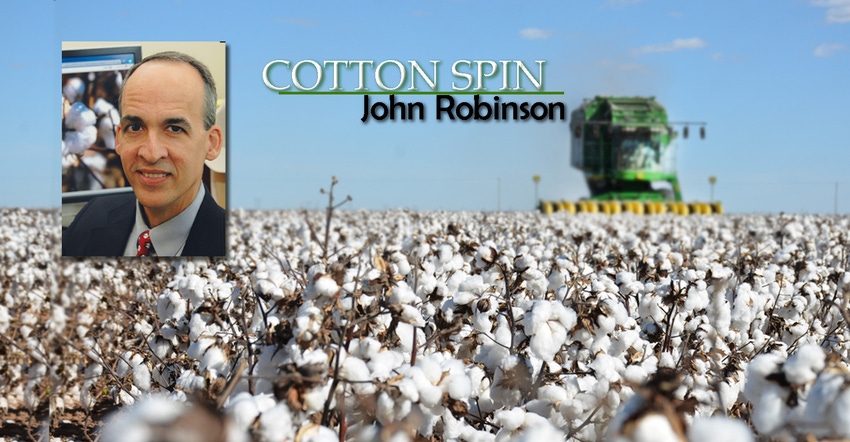
The Friday after Thanksgiving saw U.S. financial markets, including ICE cotton futures, get slammed by news stories of the new “Omicron” variant of the COVID virus. Most of what is known about this variant is that it has a lot of mutations from earlier versions of the virus, and that it came from South Africa.
As of this writing, it is unknown if the Omicron variant is more contagious or more deadly. As of this writing, countries around the world are imposing new travel restrictions, which raises all kinds of questions about how the world economy might be affected. And as of early Monday, November 29, most financial markets appear to be recovering some of Friday’s losses.
When the COVID-19 pandemic began, it was newer and more unexpected. Financial markets tumbled because of real disruptions to supply and demand, as well as due to the uncertainty of it all. Thus, the onset of the pandemic in early 2020 is what analysts call a “black swan event,” something that is unexpected, rare, and impactful.
See, WHEAT SCOOPS: Wheat market giveth and taketh away
But we’ve all lived with this pandemic for many, many months. We’ve lived through the rebound of the Delta variant. So along comes this new Omicron variant, and maybe it’s not quite the surprise as the Delta variant. maybe it doesn’t qualify as a black swan. Maybe it’s just a passing turkey.
Whatever it is, it should remind us that commodity markets are ultimately uncertain in their price outcomes. We, including USDA, use historical data to develop expectations and predictions about future supply and demand variables. That implies some uncertainty in the price outcome. There is no avoiding it.
That is why marketing plans are built around the assumption of an uncertain price outcome. They are literally contingency plans, along the lines of, “If prices reach X cents per pound by Y date, then I will hedge/sell Z% of my production.” Writing down such a plan, in more operational detail, is a helpful way to overcome the natural mental paralysis of uncertain situations.
Another helpful thing to do is practice the planning and operations part of the plan. The Master Marketer program is a hands-on opportunity to get such practice. The next Master Marketer program is in-person in Amarillo, Texas, January through March, 2022. The morning sessions of this workshop will also be available over Zoom. Workshop agenda, schedule, and registration information can be found online at https://bit.ly/3lr17cI.
For additional thoughts on these and other cotton marketing topics, please visit my weekly on-line newsletter at http://agrilife.org/cottonmarketing/.
About the Author(s)
You May Also Like




